10 Processed Foods That Hurt Your Health and 7 That Are Surprisingly Good
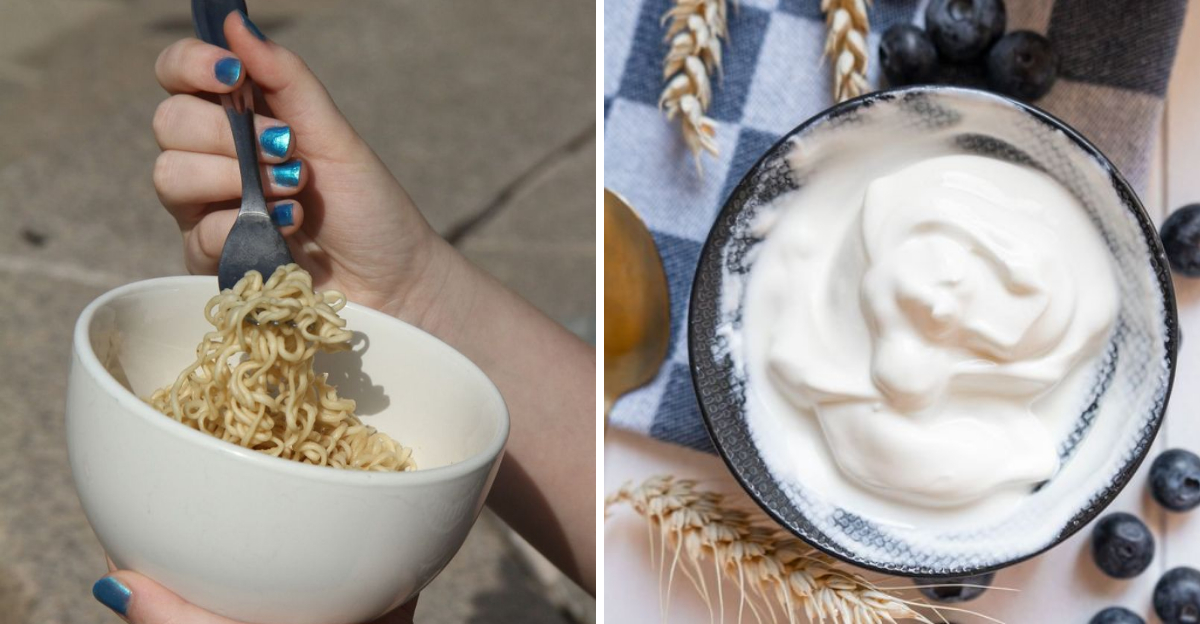
Processed foods are often a staple in our diets, but not all are created equal. While some can be detrimental to our health, others can offer surprising benefits. Understanding the difference can help us make better dietary choices.
1. Flavored Instant Noodles

Instant noodles might be your quick fix for hunger, but they’re loaded with sodium. A single packet often contains more salt than your entire daily allowance.
The enticing flavors are crafted using artificial additives, which can have long-term health effects.
Occasionally indulging is fine, but frequent consumption can lead to health risks. Limiting intake is wise.
2. Microwave Popcorn (Butter-Flavored)

Microwave popcorn is a movie-night favorite, but beware of the buttery flavor. It’s often enriched with chemicals like diacetyl, linked to respiratory issues.
These artificial additives can pose serious health risks over time.
Switching to air-popped or stove-top popcorn with real butter can be a healthier choice, reducing exposure to harmful substances.
3. Sugary Breakfast Cereals
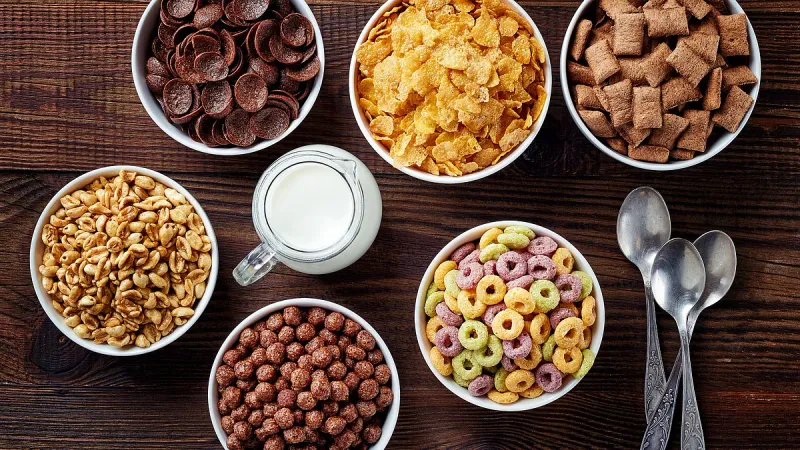
Sugary cereals entice with their bright colors and sweet crunch, turning breakfast into dessert. Some brands pack over 12g of sugar per serving, promoting a sugar rush.
This can lead to energy crashes and poor dietary habits.
Opt for cereals low in sugar and high in fiber to start your day right, ensuring sustained energy without the crash.
4. Processed Deli Meats

Deli meats are a convenient protein source, but they come with hidden dangers. They’re often full of nitrates and preservatives, linked to heart disease.
These additives extend shelf life but may harm long-term health.
Reducing consumption and opting for fresh, unprocessed meats can mitigate these risks. Choosing organic can also be beneficial.
5. Frozen ‘TV Dinners’
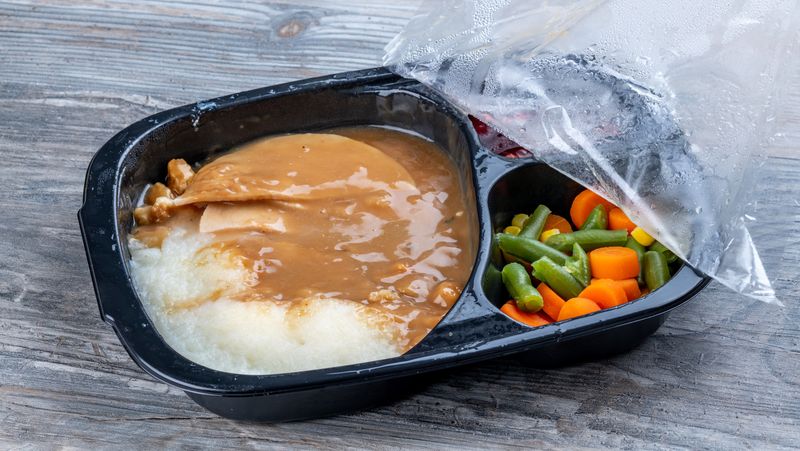
TV dinners are convenient but often nutrient-poor. These meals usually have high sodium and preservatives to maintain their long shelf life.
While easy to prepare, they might compromise your health if consumed regularly.
Choosing fresh ingredients for homemade meals can be a healthier alternative, allowing for better control over nutritional intake.
6. Soda (Regular or Diet)

Soda, whether regular or diet, offers little nutrition. Regular sodas are high in sugar, contributing to obesity and diabetes.
Diet options contain artificial sweeteners, affecting metabolism and gut health.
Reducing soda intake and choosing water or natural juices can improve health outcomes, reducing the risk of associated diseases.
7. Packaged Snack Cakes

Snack cakes offer a sweet treat but come with a price. They’re made using hydrogenated oils and high fructose corn syrup.
These ingredients extend shelf life but may harm your health.
Opting for homemade snacks with fresh ingredients can satisfy your sweet tooth without the added chemicals, offering a healthier alternative.
8. Cheese-Flavored Crackers
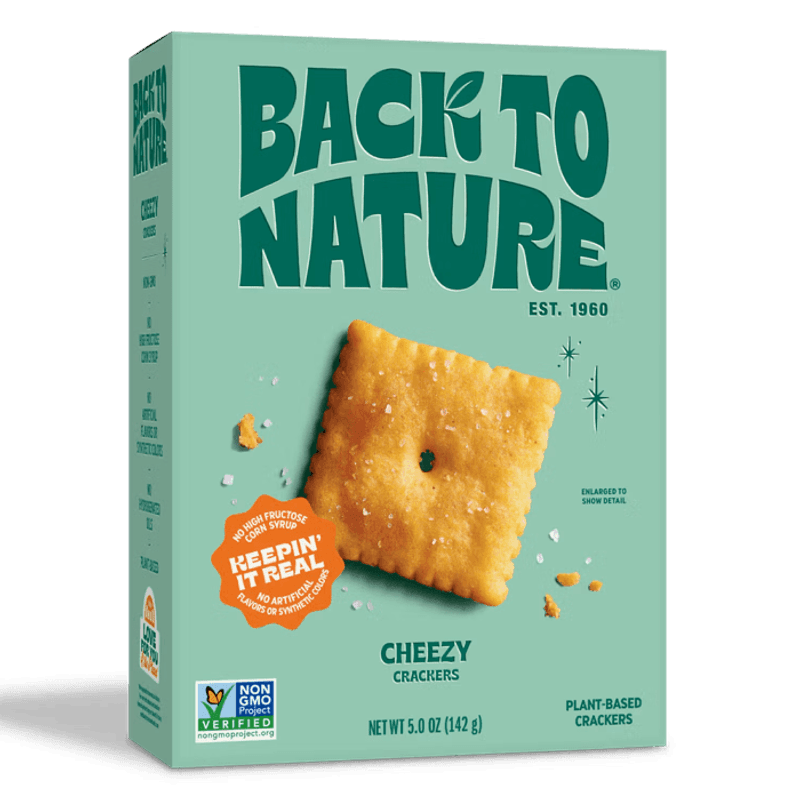
Cheese crackers provide a quick snack but lack real nutrition. They’re often made with artificial dyes and flavorings, with minimal actual cheese content.
These additives offer flavor but not nutritional value.
Switching to whole-grain crackers with real cheese can offer a more nutritious snack option, supporting a balanced diet.
9. Margarine (With Trans Fats)
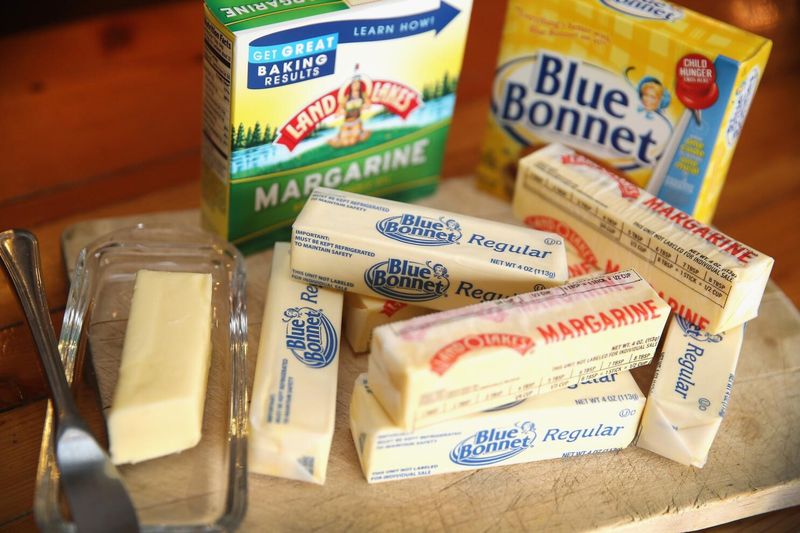
Margarine, especially older or off-brand versions, may contain trans fats. These fats raise bad cholesterol and lower good cholesterol, impacting heart health.
While it’s marketed as a butter substitute, health implications are concerning.
Choosing trans fat-free alternatives or real butter in moderation can offer a healthier spread option.
10. Frozen Pizza (Cheap Varieties)

Cheap frozen pizzas are tempting with their convenience but often lack quality. They’re made with low-grade ingredients and high sodium content.
These factors contribute to poor dietary health when consumed frequently.
Opting for homemade pizzas with fresh ingredients can offer a tastier and healthier alternative, reducing intake of unhealthy additives.
11. Plain Greek Yogurt
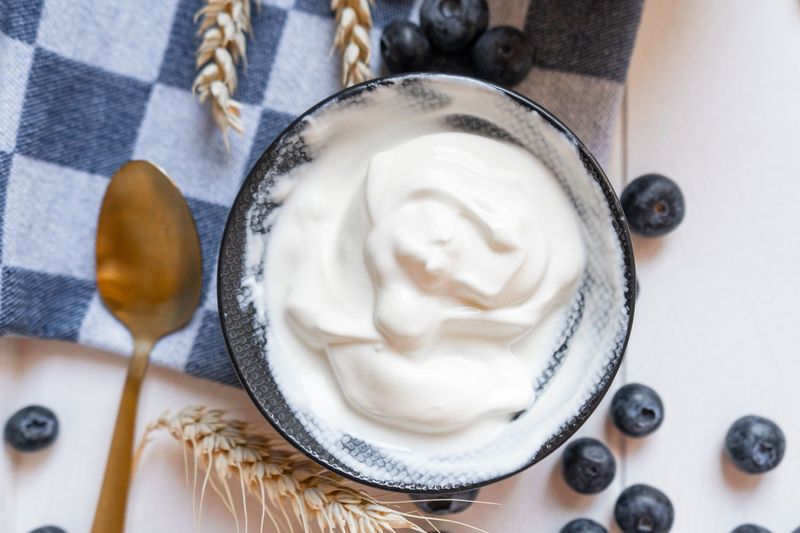
Greek yogurt is a nutritious choice, rich in protein and probiotics. It supports digestive health and muscle maintenance.
Avoid versions with added sugars, focusing on plain options for maximum benefit.
Pairing with fresh fruit or nuts enhances flavor and nutritional value, making it a versatile addition to meals or snacks.
12. Canned Beans (Low-Sodium)
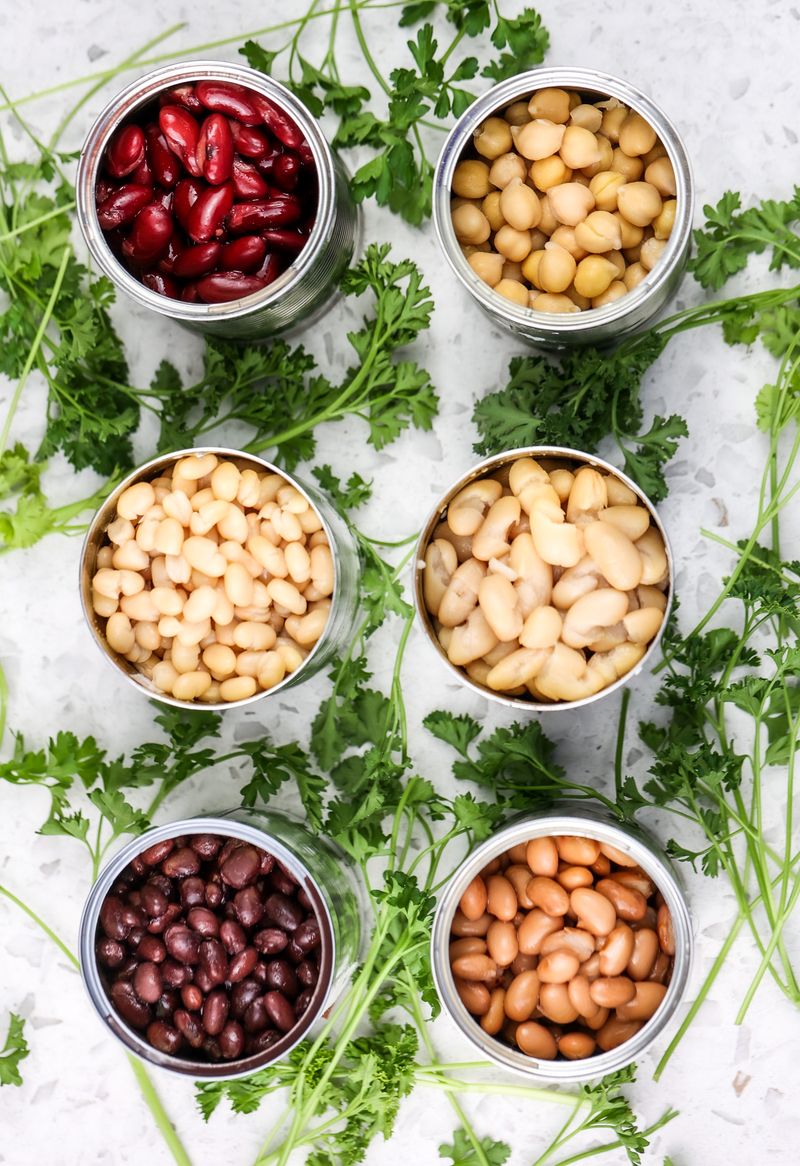
Canned beans are a convenient source of fiber and protein. They provide essential nutrients like iron, supporting overall health.
Rinsing them before use can reduce sodium content further.
Adding them to salads, soups, or stews can enhance meals nutritionally, offering a quick and healthy protein alternative.
13. Frozen Vegetables
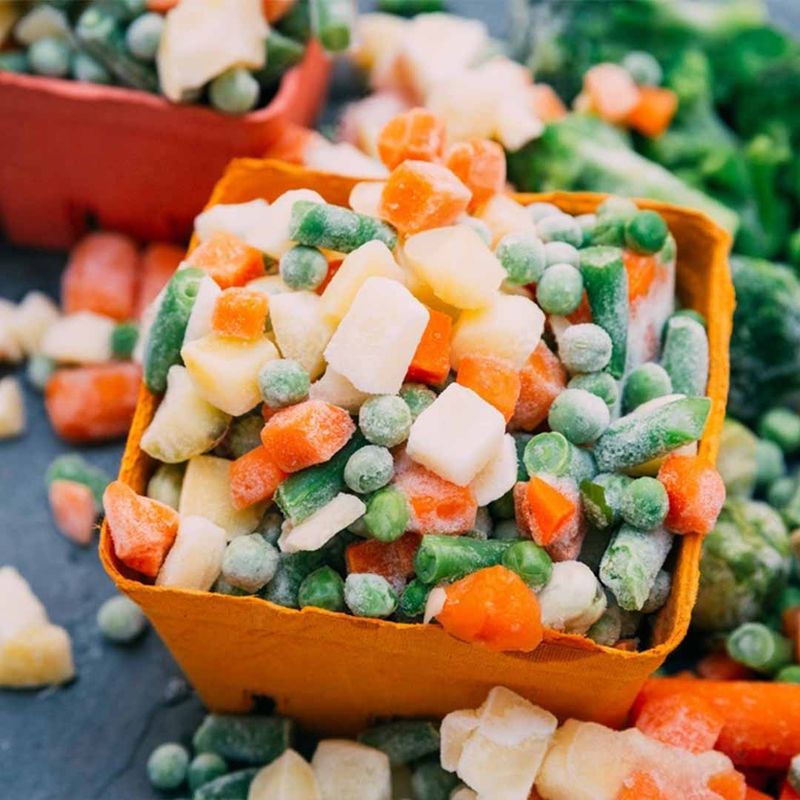
Frozen vegetables capture the peak of freshness, retaining nutrients effectively. They often surpass fresh produce that sits for days.
Convenience and nutritional value make them a kitchen staple.
Including a variety in meals ensures a balanced intake of vitamins and minerals, supporting a healthy diet all year round.
14. Nut Butters (Natural, No Added Sugar)
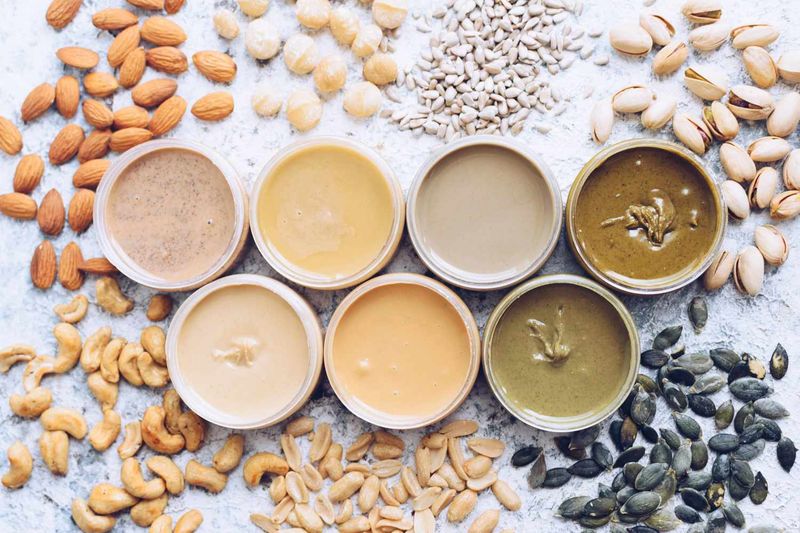
Natural nut butters offer healthy fats and protein with minimal ingredients. Avoid those with added sugars or oils for best health benefits.
They make a satisfying addition to snacks or meals.
Spreading on whole-grain toast or adding to smoothies can enhance both flavor and nutritional intake, supporting a balanced diet.
15. Canned Tomatoes
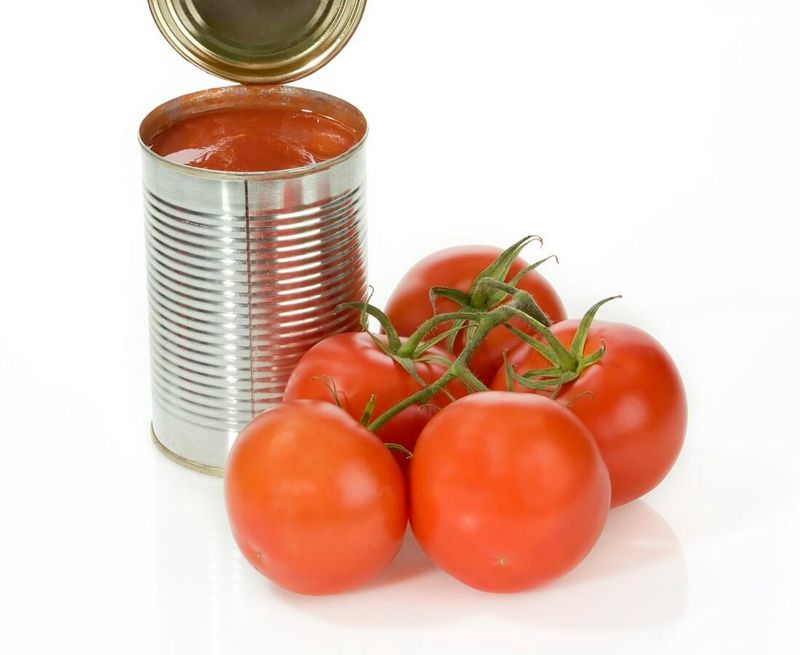
Canned tomatoes are versatile and rich in lycopene, an antioxidant promoting health. They’re perfect for sauces and stews, adding flavor and nutrients.
Selecting options with no added salt or sugar is best.
Their convenience and nutritional value make them a pantry staple, enhancing dishes with both taste and health benefits.
16. Hummus (Store-Bought or Homemade)
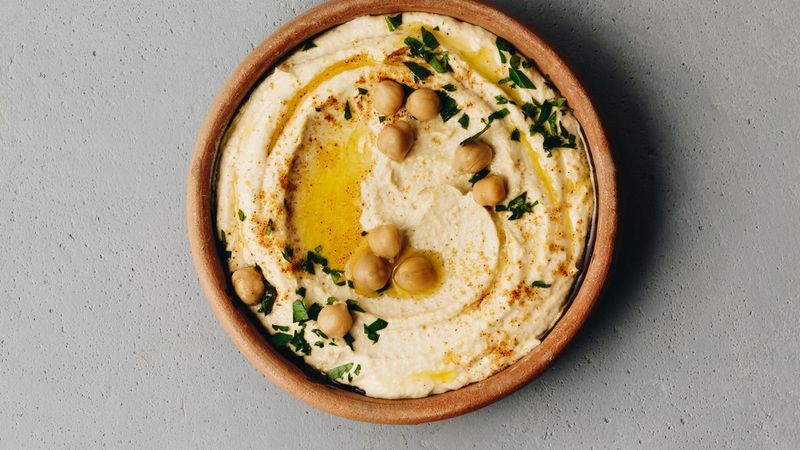
Hummus offers plant-based protein through chickpeas and tahini. Its creamy texture pairs well with vegetables or whole grain crackers.
Making it at home ensures control over ingredients.
Store-bought versions can also be nutritious if chosen wisely, making hummus a versatile and healthy dip option for various diets.
17. Whole Grain Bread (With Recognizable Ingredients)
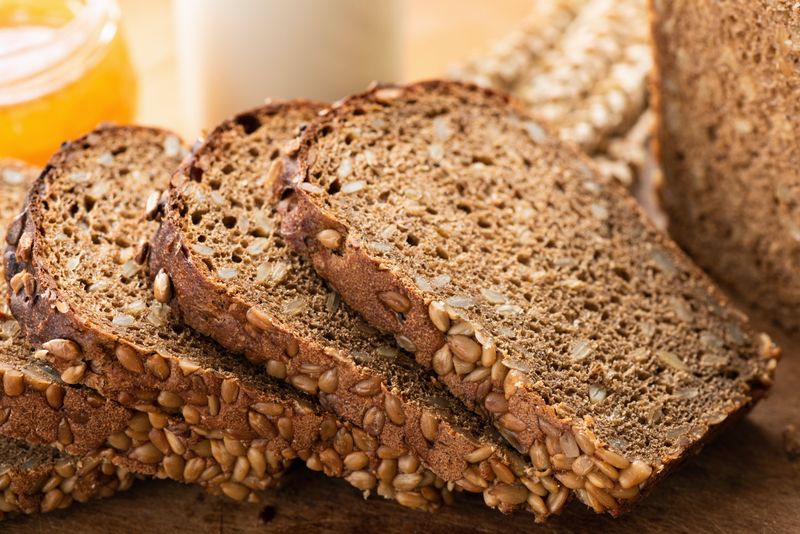
Whole grain bread can be a healthy carb choice when made with recognizable ingredients. Look for “100% whole grain” and minimal added sugars.
Its high fiber content supports digestion and satiety.
Choosing quality bread can enhance meals with taste and nutrition, providing a solid foundation for sandwiches or toast.
